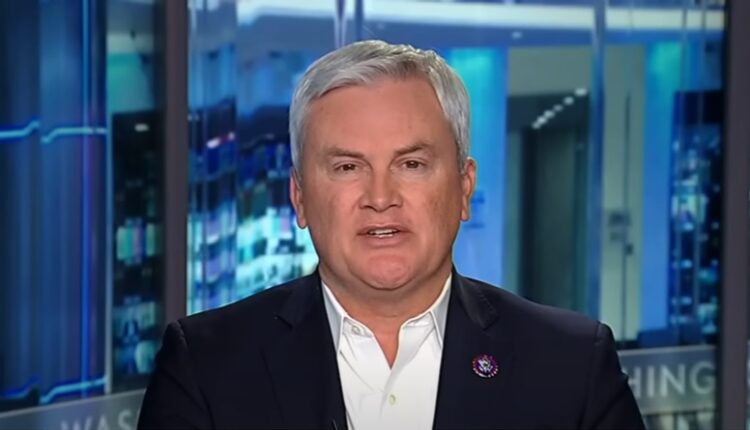
GOP Congressman Hints At Supporting D.C. Cannabis Sales 10 Years After Legalization
In a significant policy discussion, Rep. James Comer (R-KY), who leads the House Oversight and Accountability Committee, acknowledged the barriers faced by Washington, D.C. in establishing a commercial cannabis market. This topic was broached by D.C. Mayor Muriel Bowser during a broader meeting on crime within the District, highlighting the impediments imposed by a congressional rider.
“We’re looking at everything. We’ve got our policy people looking at that,” referencing a prior committee hearing where Mayor Bowser underscored the ongoing sales blockade. When queried by NBC Washington about his position on the District’s autonomy to manage cannabis sales, Comer expressed tentative support, contingent on the desires of D.C. residents: “If that’s what Washington D.C. wants, yeah.”
Sign Up For The TDR Newsletter
However, despite Comer’s initial openness, several obstacles remain. He vaguely alluded to a Senate bill that could potentially be used to enact the reform but provided no specific details. Additionally, the GOP-dominated House Rules Committee recently thwarted efforts to excise the rider from pertinent legislation, noted Marijuana Moment.
Though Comer mentioned a Senate bill as a potential means to advance reform, specifics remain unclear.
Legal Weed In DC For Nearly A Decade
While adult-use cannabis has been legal in Washington D.C. since 2014, a rider contained in all presidential budget proposals since that date has prevented the District from exercising those laws and selling cannabis. Since then, advocates have been pushing to remove the appropriations rider, consistently renewed despite 2014 ballot approval of legalization.
This federal stranglehold persists despite actions by local legislators aiming to mitigate the issue through various measures, such as allowing D.C. residents and non-residents to self-certify as medical marijuana patients.
The blockade has been a source of frustration for D.C. officials. Council Chairman Phil Mendelson (D) criticized the “congressional interference” as detrimental to addressing local crime and public safety. President Biden’s budget request for the third year in a row also maintained the ban.



